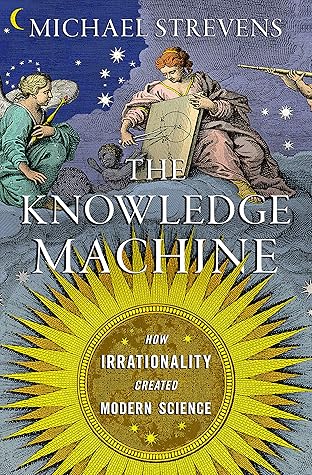Among the ancients there was no lack of desire to understand the workings of the world. Around 580 BCE, the Greek philosopher Thales gazed out from the port city of Miletus into the Aegean blue, into the summer haze where sea merges imperceptibly with sky, and proposed that everything is ultimately made of water. His student Anaximenes disagreed: the fundamental stuff, he said, is air. Heraclitus, who lived in Sicily a few decades later, suggested fire. Back in Miletus, Anaximander—another student of Thales about whom we know equally little—had meanwhile hypothesized that all things are
...more
Welcome back. Just a moment while we sign you in to your Goodreads account.


